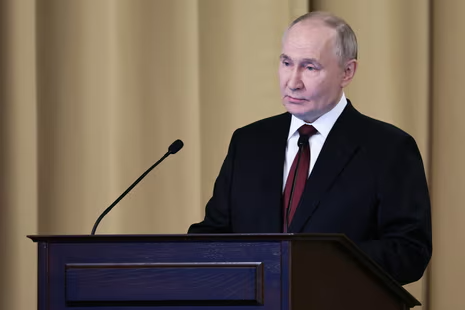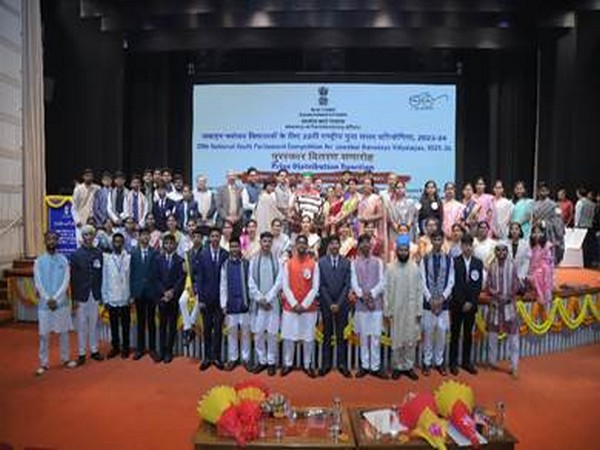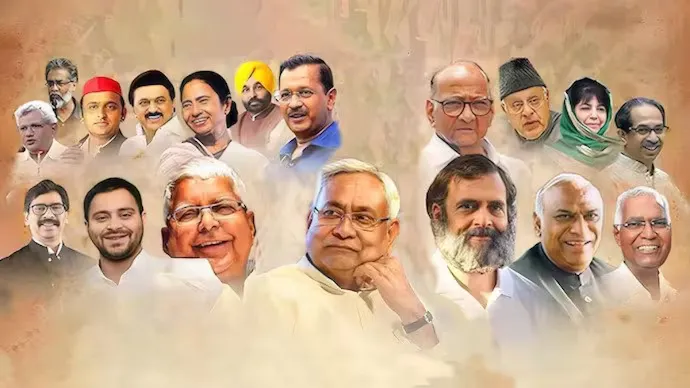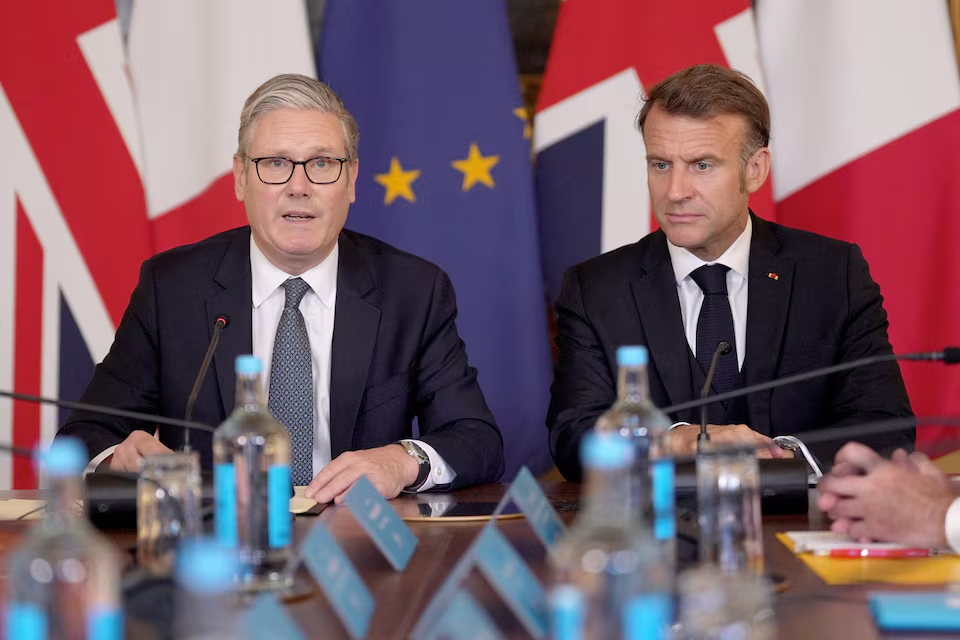Russia says US relations staying positive despite Washington policy mixed signals
Russia Stresses Stable US Ties Amid Mixed Signals from Washington
Despite a series of unpredictable moves and policy reversals from Washington in recent months, Russian officials are emphasizing that overall relations with the United States remain relatively stable and, in their words, “constructive where it matters.” The statement, delivered this week by senior diplomats in Moscow, reflects a broader Russian strategy aimed at managing tension while preserving dialogue in key areas such as arms control, strategic security, and regional deconfliction.
In a press briefing on Wednesday, Russian Deputy Foreign Minister Sergey Ryabkov acknowledged what he called “policy zigzags” coming from the U.S. administration but clarified that these shifts have not fundamentally derailed cooperation where the two sides still share mutual interests. “Yes, we see inconsistencies in tone and position from Washington,” Ryabkov said. “However, it would be inaccurate to say the relationship is deteriorating. On several fronts, we are maintaining a functional, if cautious, diplomatic channel.”
This stance comes at a time when the U.S. foreign policy agenda is perceived by many as fragmented, with priorities shifting between domestic political pressures, global conflicts, and competition with China. American rhetoric toward Russia continues to oscillate between confrontation especially on issues like cybersecurity, election integrity, and sanctions and guarded engagement, particularly in areas related to nuclear arms treaties, Arctic navigation rights, and regional peacekeeping.
Russian analysts and officials interpret this inconsistency not as hostility, but as a reflection of internal American dynamics. “We understand the U.S. is dealing with numerous strategic headaches simultaneously,” said Marina Kovaleva, a foreign policy expert at Moscow State University. “There’s a power struggle within the U.S. establishment about how to handle Russia. We’ve seen that before. It doesn’t necessarily mean they’re abandoning diplomacy.”
Behind closed doors, both governments continue to engage on strategic issues. Talks on renewing elements of the New START treaty set to expire in the coming years are ongoing, albeit slowly. Coordination on space traffic management, Arctic environmental protections, and military deconfliction zones in Syria also continues. While these engagements do not receive headlines, officials on both sides say they are essential for preventing misunderstandings and maintaining basic stability.
From Russia’s perspective, the main challenge lies not in Washington’s criticism, but in its unpredictability. In the past six months, the Biden administration has alternated between proposing limited cooperation initiatives and implementing new sanctions particularly against Russian defense and energy sectors. Yet, despite these measures, Russian officials have avoided escalating rhetoric and instead emphasized a long term, pragmatic approach. “We are not in the business of burning bridges,” Ryabkov said. “We will wait and see which version of American foreign policy prevails.”
Meanwhile, U.S. officials have signaled their awareness of the mixed messages but defend their actions as part of a “flexible diplomacy” model. A senior State Department official, speaking anonymously, noted that the U.S. is “not looking for conflict” with Russia but “won’t tolerate actions that undermine our allies or international rules.” This balancing act has made Washington’s stance harder to predict, especially for foreign governments trying to assess long term strategic posture.
Markets and analysts are watching the evolving dynamic closely. A prolonged state of guarded cooperation could stabilize certain sectors particularly energy and arms control while leaving others, such as technology and finance, under the shadow of continued friction. Some European governments have welcomed the quieter tone between Moscow and Washington, hoping it prevents further polarization in regions like the Balkans, the Caucasus, and Central Asia.
Ultimately, Russia’s message is one of cautious optimism laced with realism. While it remains wary of sudden shifts from Washington, it also sees opportunities to maintain key strategic dialogues and prevent open confrontation. As one Russian diplomat put it, “The game has changed. But we’re still playing. And the rules while blurry are better than chaos.”






 Opposition Forms United Front
Opposition Forms United Front  Indian Lab Develops Next Gen Energy Cells with 3x Battery Life
Indian Lab Develops Next Gen Energy Cells with 3x Battery Life  Ahmedabad Gets Smart Traffic System
Ahmedabad Gets Smart Traffic System  Budget 2025 Highlights
Budget 2025 Highlights  Macron Starmer migrant pact
Macron Starmer migrant pact